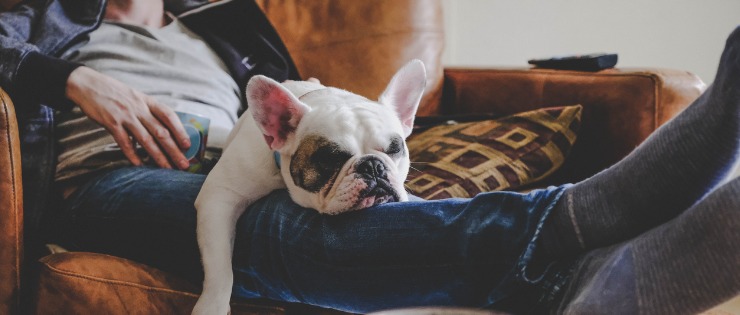
COVID has hit the world with a full swing, and it is no surprise that people have been left feeling lonely and disconnected from the world, in more ways than one. In Australia, loneliness has been one of the most common emotions reported; particularly those of us living alone, who have lost their jobs and even their businesses. I’d be repeating every media outlet’s commentary of 2020, by saying that we are living in an unprecedented time. But, it’s true!
For me, as an animal behaviourist, my animals have gotten me through some tough times. Certainly, across my lifetime, but particularly over the past twelve months. But, it turns out I am not the only one. Animal shelters everywhere have described 2020 as the busiest year for adoptions, and many reporting that they were able to rehome all of their animals. Yes, ALL of them. The human/animal bond has been more important than ever before in our lifetime, because we have not only recognised the value pets bring to our sense of happiness, but we have also been afforded the time to explore this incredible bond.
Research has shown that dogs in our lives during the Covid lockdown provided us with much needed companionship. In addition, many reported that if it were not for their dogs, they didn’t know how they could have gotten through the isolation. It is no surprise to most of us that our pets have been our saviours over the past 12 months. But then again, dogs have been looking after us for thousands of years.
Now that restrictions have eased to the extent that most of us will be returning to some sort of office environment soon, it is critical we acknowledge how this transition will affect our pets. Here are some tips to help your dog feel safe, as you return to life as you once knew it:
· Find a way to help your dog receive the company they need. This might be through doggy day care, dog walkers, neighbours’ places, or friends and family who also have dogs.
· Give your dog purpose when you are not around. This may be best achieved through high value food. Food that your dog never usually gets, and make sure that getting it requires some work and purpose.
· Teach your dog that your absence can be an opportunity. This can begin by leaving high value treats with your dog as you walk away. Work on teaching your dog a word association with this, so that you can use this word when you gradually leave for longer periods of time.
· Give your dog access to their safe place. This is where they CHOOSE to sleep and rest when you are home. This may be indoors, on the lounge or even on your bed. Yes, when I come home from work, my dogs and cat are on my bed. Familiarity is key here, so wherever they feel safest, is where they should be able to access.
If we were to ask many dogs in Australia how their 2020 was, many of them may say ‘it was the best year of my life’. Having us home all day every day, is most likely every dog’s dream. So, now that we may not be able to provide this sense of security to them as much, it is crucial we respect their emotions and help them transition through an equally unprecedented time from their point of view.